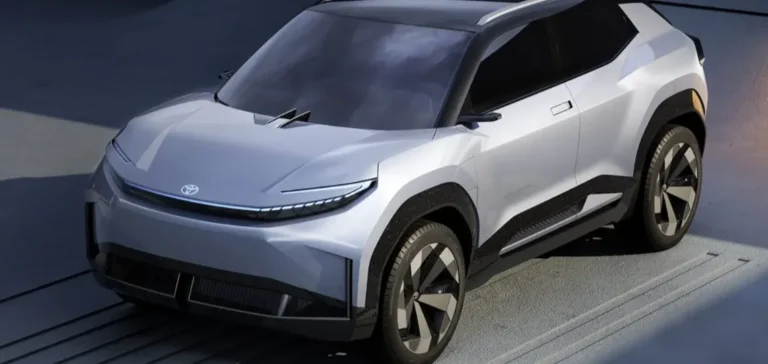Japanese automaker Toyota will produce for the first time a battery electric vehicle in Europe, at its Kolin plant located east of Prague. The investment amounts to €680mn ($733mn), including a public contribution of €64mn ($69mn) granted by the Czech government. The production start date has not been specified.
Industrial expansion in the European market
Toyota Motor Europe, the group’s regional subsidiary, described this decision as an “important milestone” in strengthening its local industrial capabilities. The Kolin plant, in operation since 2002, currently assembles the Aygo X and hybrid Yaris models. More than 4.5 million vehicles have been produced there to date.
Initially co-owned with the PSA Group, the site became wholly owned by Toyota in 2021. It had previously been used to assemble certain Peugeot and Citroën models for European markets.
A turning point in product strategy
Toyota, which had long focused on hybrid vehicles, announced in March the launch of five fully electric models in Europe by the end of 2026. This shift reflects an adaptation to the continent’s regulatory requirements on emissions.
Toyota Motor Europe President and Chief Executive Officer Yoshihiro Nakata stated that the new production line aimed to “strengthen our presence in the European market” and contribute to more efficient transport. The group plans to achieve carbon neutrality in Europe by 2040.
A continental industrial network
In addition to the Czech Republic, Toyota operates seven other industrial sites in Europe: in Portugal, the United Kingdom, France, Poland and Turkey. This network allows production to be brought closer to major sales markets while optimising the regional supply chain.
Czech Prime Minister Petr Fiala and Minister of Industry and Trade Lukáš Vlček attended the announcement, highlighting the project’s strategic importance for the national economy.






















